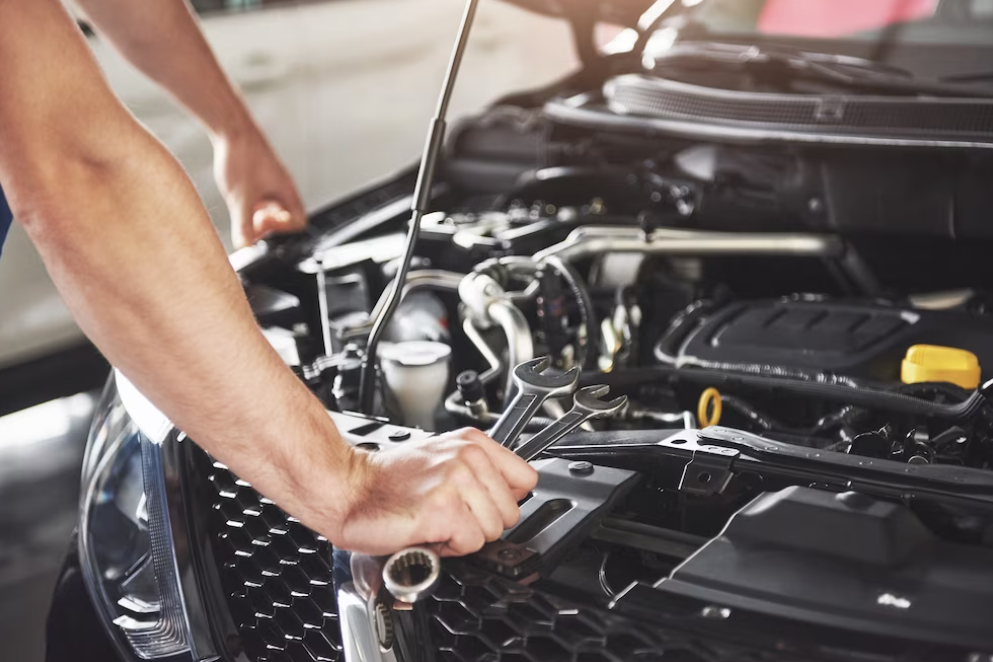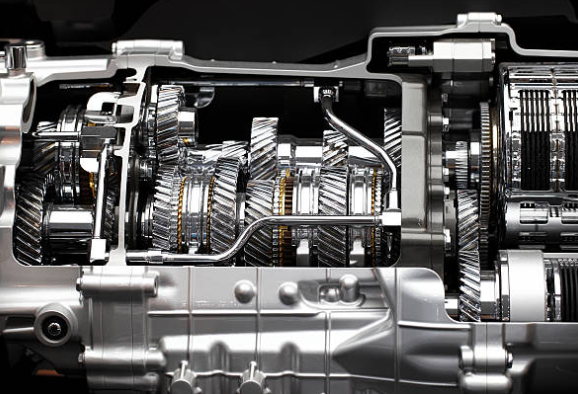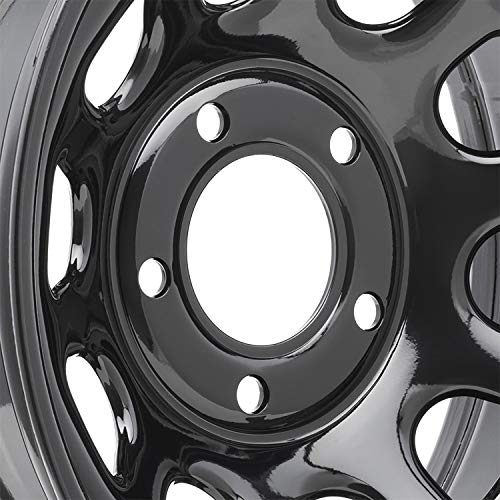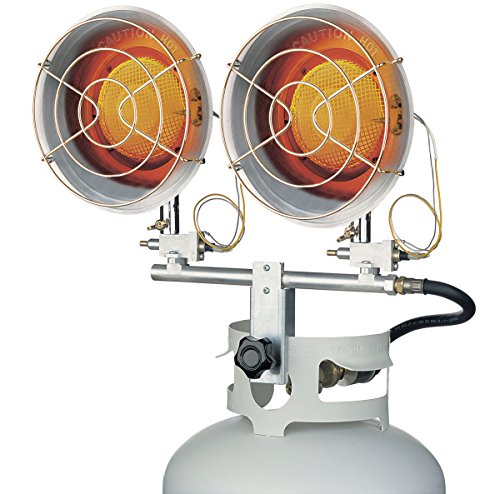Troubleshooting Guide: Car Cranks but Won't Start
Experiencing the frustration of a car that cranks but refuses to start can leave you feeling stranded and helpless. This issue can stem from a range of causes, some simple and others more intricate. In this blog post, we aim to offer a troubleshooting guide that will assist you in diagnosing and potentially resolving the perplexing "car cranks but won't start" situation, ensuring you can hit the road again without unnecessary delay.

Common Reasons Why a Car Cranks but Doesn't Start
It's not unusual to feel frustrated when a car cranks but won't start. Thankfully, there are a few widely accepted reasons for this problem. Faulty spark plugs are a common cause of a car cranking but not starting. The engine won't start if the spark plugs don't fire up since it needs that spark to start. In addition, it's possible that the spark plugs are working properly but the spark cannot get to the engine due to a wiring issue.
Another common culprit behind a car cranking but not starting is insufficient engine oil. Insufficient oil levels deprive the engine of the necessary lubrication it requires for starting. This deficiency can result in engine overheating and eventual failure. It is vital to regularly monitor your oil levels to maintain the engine's optimal condition.

Troubleshooting your car's engine is crucial to identify and resolve any issues affecting its performance. Start by observing any unusual symptoms and then check the fluid levels, inspect belts and hoses, and examine battery connections. Utilize an OBD-II scanner to retrieve error codes and address any problems indicated. Inspect spark plugs, ignition system components, and the air filter for signs of wear or clogging. Additionally, test the fuel system for potential issues. It is advised to get assistance from a qualified mechanic or technician who can offer expert guidance if you are unable to identify or fix the issue. If you do periodic maintenance and address issues as soon as they arise, the engine of your automobile will run more smoothly. Get regular maintenance to make sure your ce is in good working order.

To avoid issues and extend the lifespan of your vehicle, frequent automobile maintenance is crucial. Some key maintenance tasks include checking fluid levels, changing oil and filters, maintaining proper tire pressure, inspecting the battery, monitoring the brakes, replacing air filters, and cleaning both the interior and exterior of the car. Furthermore, keeping up with routine maintenance duties and according to manufacturer instructions guarantees that crucial components are serviced at the proper intervals. You may improve performance, increase your car's general reliability, and prevent problems from occurring by adopting these procedures into your daily routine. Keep in mind that a well-maintained car not only runs more effectively, but also makes driving safer and more pleasurable.
-
Can a clogged air filter cause a car not to start?
Even while a blocked air filter might impair an engine's performance, it usually won't stop a car from starting at all. To guarantee optimum engine efficiency, it's still a good idea to inspect and replace a blocked air filter.
-
How do I determine if the problem is with the ignition system?
Signs of ignition system issues include no spark at the spark plugs, a malfunctioning ignition switch, or faulty ignition coils. Consulting a mechanic or using diagnostic tools can help identify and diagnose ignition system problems accurately.
View another article here: Top 10 ATV Helmets For Optimal Safety And Adventure




.png)











